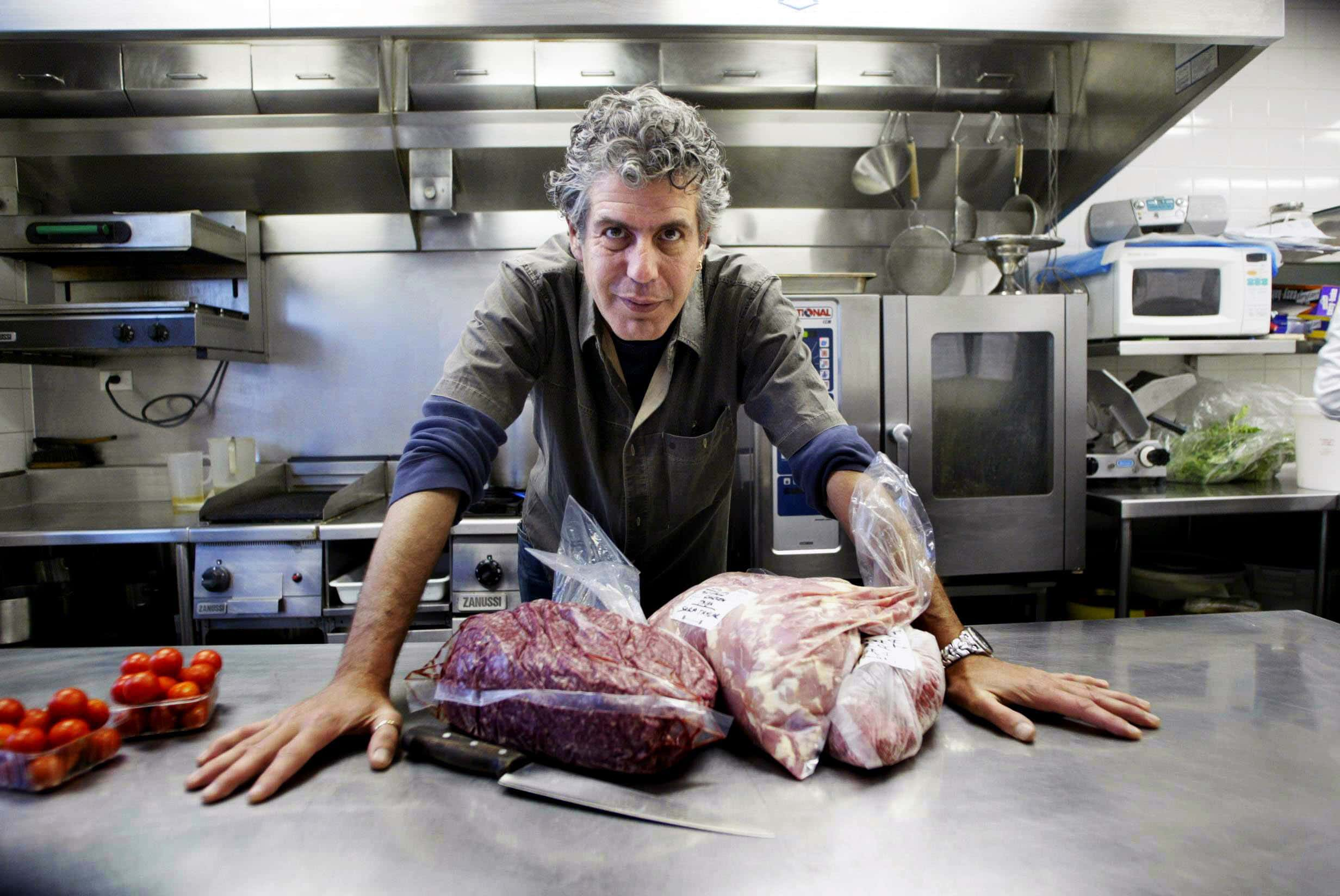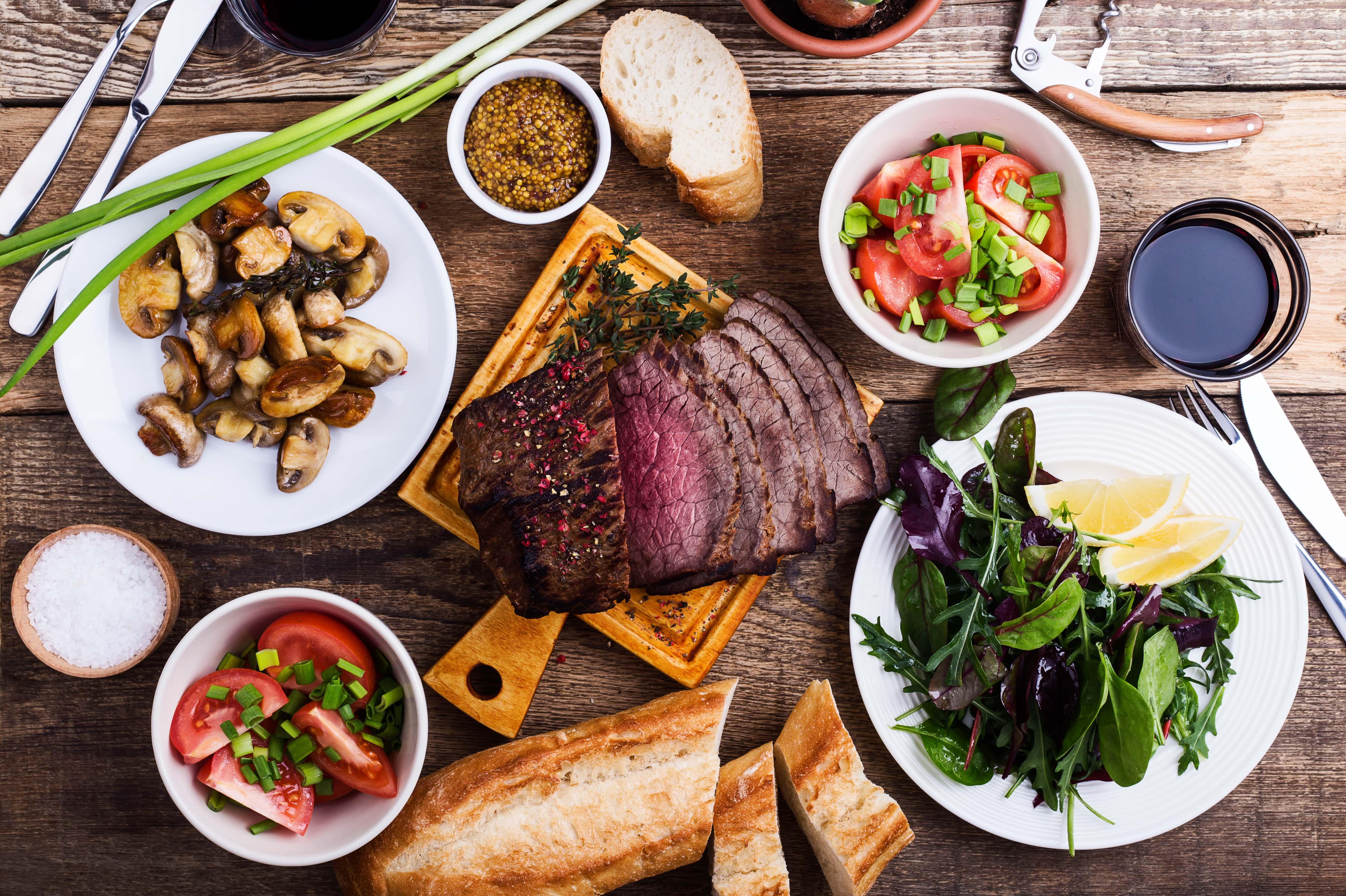"Tell me what you eat: I will tell you what you are."—Brillat-Savarin.
After eating food, the next greatest pleasure is certainly talking about it. People love talking about the last fantastic meal they ate or what makes their favorite recipe special, and with anything people love talking about, writing and reading about it comes next.
Before Anthony Bourdain quit the kitchen and put pen to paper, writing a number of celebrated books; before Lucky Peach magazine; before Ruth Reichl, Sam Sifton, Samin Nosrat, and the like, there was Jean Anthelme Brillat-Savarin. Without this legendary 18th century gastronome, we might not have Proust’s madeleine moment, the beautiful writing that is characteristic of modern cookbooks, or even the Food Network—after all, as much fun as it can be to watch on mute, each show has a team of writers behind it. Not to mention that without Brillat-Savarin, we also wouldn’t have the unbelievably creamy and deliciously rich cheese named for him. Through his writing, Brillat-Savarin transformed the way food was thought about, talked about, and the role it played in people’s lives. Like it or hate it, he’s undeniably one of the original gourmands, and thus the forefather of similar 20th century stereotypes like the gourmet or the “foodie”—and that’s not even mentioning his role in the French Revolution, his interest in low-carb diets, or the bizarre declaration of love for his cousin that appeared in one of his book dedications.
 Getty Images
Getty Images
Brillat-Savarin was born to a family of lawyers in France in 1755, and staying with the family tradition, he studied law and practiced as a lawyer in the years before the French Revolution. It was certainly an interesting time to be a well-off lawyer in France, what with all the guillotine use going around. But when the Revolution broke out, he managed to stay in France at least for a while, and was sent to be a deputy in the new National Constituent Assembly. Later, while serving as the mayor of Belley, his hometown, he came under fire and escaped to Switzerland. After years in Holland and the US, he was finally able to return to France in 1797. It was then he was appointed magistrate in the Court of Cassation, a position he’d keep for the rest of his life.
That position didn’t stop him from writing or pursuing his true passion: food—or more to the point, eating. While he had previously had several pieces published on law and political economy (and one erotic short story), he published the work he became best known for just two months before his death. Titled Physiologie du gout, or The Physiology of Taste, it has never gone out of print since its initial publication in 1825. The book is a landmark text in the field of gastronomy, which is essentially the analysis of the connection between food and culture. According to Brillat-Savarin himself, "Gastronomy is the knowledge and understanding of all that relates to man as he eats. Its purpose is to ensure the conservation of men, using the best food possible." Well, when you put it that way, it’s essential to the survival of the species!
 Getty Images
Getty Images
Hyperbole aside, The Physiology of Taste is one of the urtexts of French cuisine, that (in)famous term that evokes rich sauces, butter, foie gras, wine from Bordeaux, escargots, cheeses, duck, truffles, and any other ingredient that could cause instantaneous heart attack or gout. The book illustrates the role that not only food, but the act of cooking, serving, and eating—the ritual of it all—plays in French culture. Its chapter names range from “Analyses of the Sensation of Taste” to “Financial Influence of the Turkey” to “Are Women Gourmands?” (survey says yes). The exhaustive and holistic nature of the work—it includes meditations on the relationship of food and digestion, rest, sleep, dreams, health, different types of sickness, and death—only serves to illustrate just how important Brillat-Savarin thought the role of eating in everyday life was. It is at once a glossary of gastronomic terms, a collection of recipes and techniques, a diet book (Brillat-Savarin thought that sugar and white flour caused obesity), a memoir, and philosophical reflection.
From the outside, dedicating so many words and so much effort to what could be seen as a frivolous pursuit might seem insensitive, especially considering its proximity to the poverty that both precipitated and followed the French Revolution. But food has always been such an important part of French culture, and it had its role on both sides of the Revolution—the infamous “Let them eat cake” of Marie Antoinette to the part that poor harvests and deregulation of the grain industry (read: hunger) played in fomenting animosity toward the aristocracy. Whereas its close counterparts in other languages may have negative connotations (think of the word gluttony in English), the French word gourmand signifies no guilt. The Physiology of Taste is snobby, yes, and where it attempts class consciousness, it fails. But, to his credit, Brillat-Savarin was unapologetic about his passions and did not begrudge any human anywhere the same satisfaction: "The pleasure of the table belongs to all ages, to all conditions, to all countries, and to all areas.”
 Father of Food Writing
Father of Food Writing
While he certainly wasn’t the only person during that era to put words to paper when it came to the subject of food, with just one major work, Brillat-Savarin opened the doors for scores of food writers before food writing was even a thing. His eclectic mix of recipes, explanation of techniques, reflections on just why some things aren’t delicious and some things are, and personal narrative, are reflected in many types of modern food writing. From the Food section in your local newspaper (the fancy and casual restaurant reviews balanced with recipes and essays); to best-selling cookbooks that you can also sit down and read like Sami Tamimi and Yottam Ottolenghi’s Jerusalem and Anthony Bourdain’s Appetites, and even to ultra-popular blogs like The Pioneer Woman. While some of those examples are more gourmand than others, they all emphasize how highly personal the subject of food can be—and just how much fun it can be to talk about it—just as Brillat-Savarin once did.










